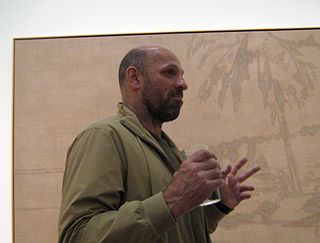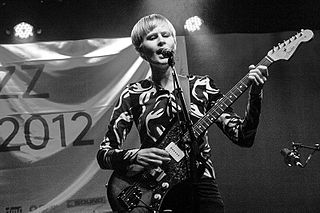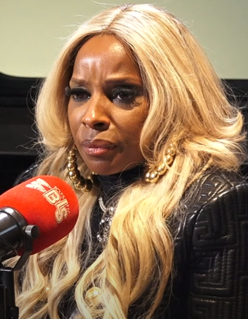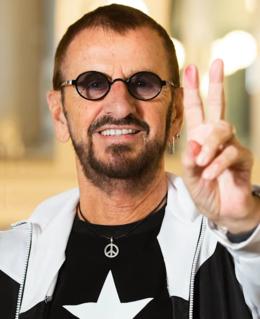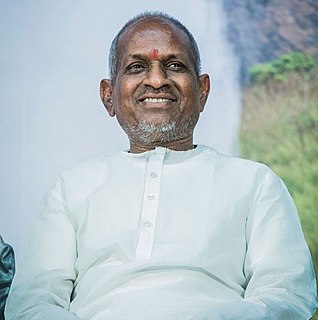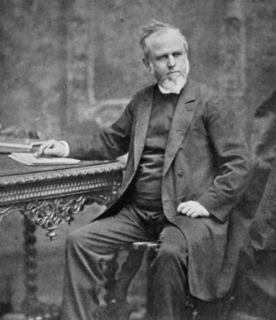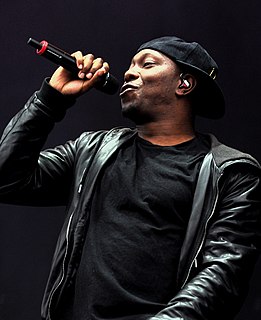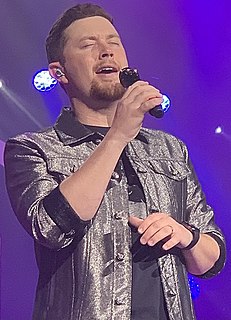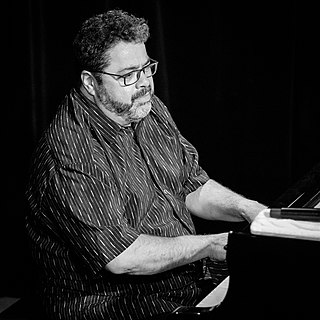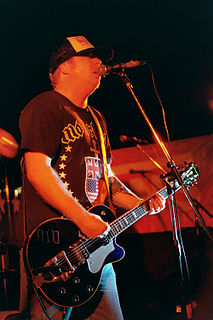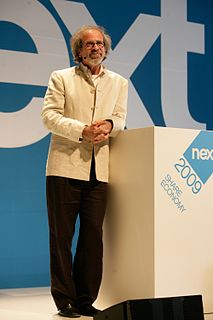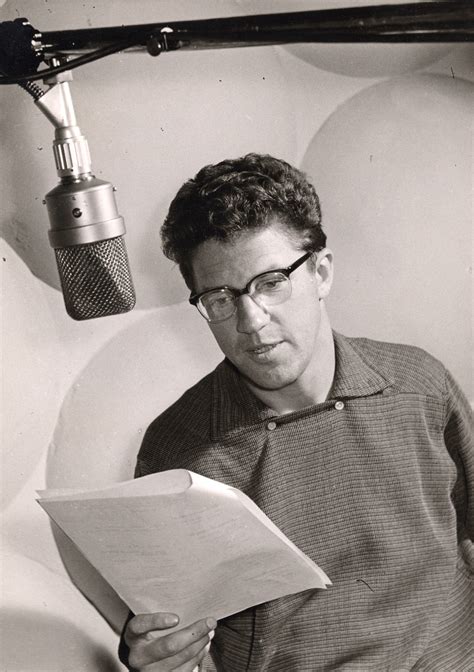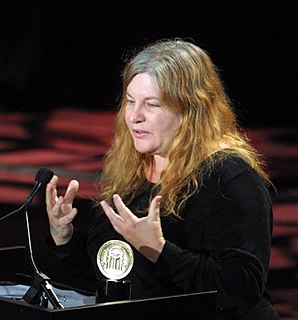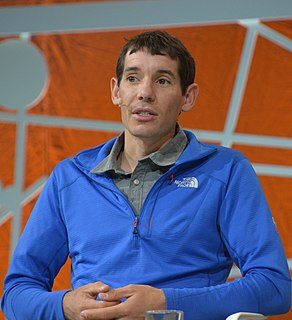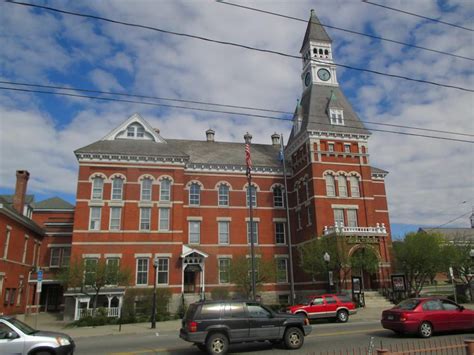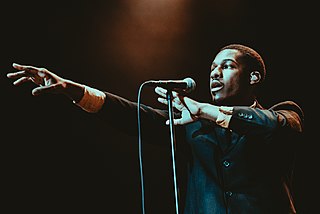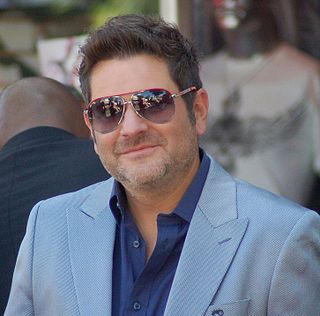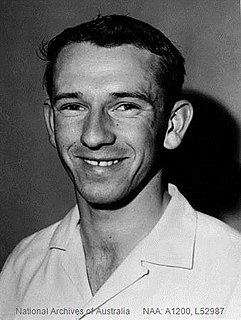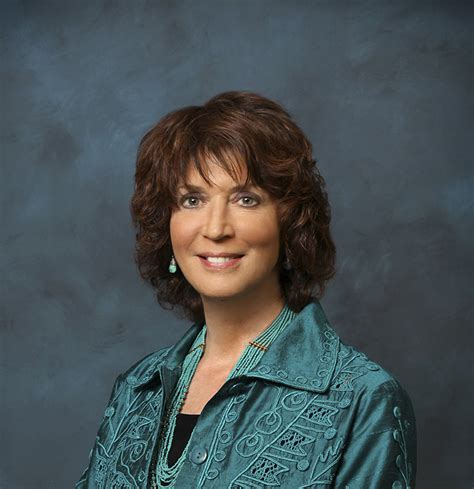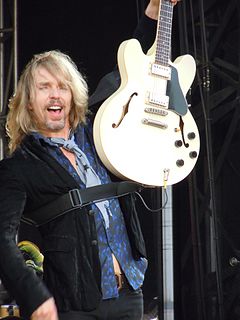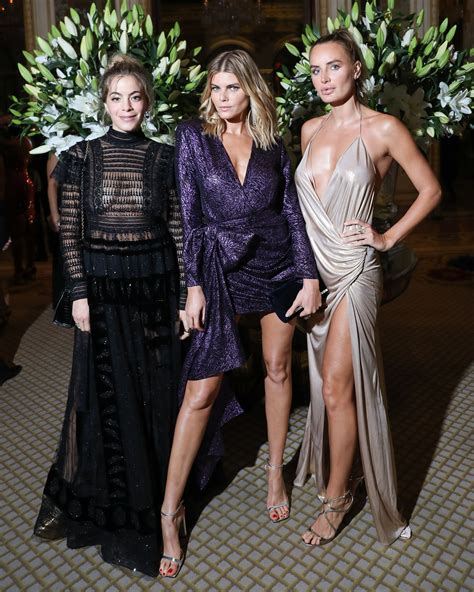Top 1200 Instrumental Music Quotes & Sayings - Page 19
Explore popular Instrumental Music quotes.
Last updated on October 15, 2024.
Bill Monroe spoke of bringing 'ancient tones' into his music with echoes of British and Irish fiddle and bagpipe music, while also delving deeply into American blues, gospel, folk hymnody, and hill country dance music. To that gumbo, he added the invigorating rhythms and harmonies of hot jazz. It was a new kind of American music, named in honor of his band The Blue Grass Boys to be known, simply, as bluegrass.
As a child I always wanted to be a singer. The music my mother played in the house moved me - Aretha Franklin, Chaka Khan, Mahalia Jackson. It was truly spiritual. It made you understand what God was. We are all spirits. We get depressed. But music makes you want to live. I know my music has saved my life.
Right from the 17th century, composers who have taken up music as their means of livelihood went through a hard time financially. They were paid only for commissioned works and public performances. And, when their music became famous, orchestras in other cities and countries would pay a small amount to copy the music.
In a basic music way, my sense of melody and my style of songwriting and production carry the same thought process into the new music. I'm thinking about machines and electronics, and how they interact with motion, which I've touched upon in the past. Those key themes are my main interests, and they are really the foundation for my approach to music.
I think that ultimately, when you create music that is proper music, then it becomes fundamental and anyone can relate to it or connect to it. When done properly, the language doesn't really have anything to do with it. It's actually the music as a whole. When it is speaking truth, everyone can relate to that on a fundamental level.
The Lord's Supper has been greatly instrumental in keeping His cause alive. It is the voice of all believers preaching the Lord's death till He come. He who believes that the Lord did come and die for us, and will come again and take us to Himself, and will not hesitate to regard this last request of our Lord and Saviour.
Well, one is inspired by the whole of life, one's own and somebody else's. You know how sometimes you hear great music, and music is completely untranslatable into words, into any words. A certain tension that is born when one listens to music could aid you in expressing something absolutely different.
Grunge, like Nirvana and all that. Heavy metal, Iron Maiden, Metallica, Guns and Roses, drum and bass. I like to listen to it and try and break down what makes a fan of that music say 'Ah fuck that other music', do you get me? Trying to figure out what makes them tick, I always try and break that down with every piece of music. But the energy in that music, I love it.
Obviously, something like ballet, you have music, you dance with the music and it's a very direct connection. With visual art, when there's no music that accompanies the art, such as great masterworks in a museum, you wind up interpreting what the artist is doing, how the artist made that work and what they're conveying.
For instance, our music, They Might Be Giants, has this element of humor, which is probably the most uptight part of what we include in our music, because we're in part very self-conscious guys, and we want our music to stand up to the test of time, not just be visceral comedy records. We love humor and comedy, but there's this aspect to it that runs counter to what is included in most music.
Not without design does God write the music of our lives. Be it ours to learn the time, and not be discouraged at the rests. If we say sadly to ourselves, "There is no music in a rest," let us not forget " there is the making of music in it." The making of music is often a slow and painful process in this life. How patiently God works to teach us! How long He waits for us to learn the lesson!
Music isn't just a pleasure, a transient satisfaction. It's a need, a deep hunger; and when the music is right, it's joy. Love. A foretaste of heaven. A comfort in grief. Is it too much to think that perhaps God speaks to us sometimes through music? How, then, could I be so ungrateful as to refuse the message?
A whole generation of veteran composers has never taken a stand or provided an example and has produced in the music academies generations of docile workers for the music industry. What can you expect from downtrodden workers who see music as a type of profession, like stenography, and not an act of creation that by its nature is subversive?
At the root of all power and motion, there is music and rhythm, the play of patterned frequencies against the matrix of time. We know that every particle in the physical universe takes its characteristics from the pitch and pattern and overtones of its particular frequencies, its singing. Before we make music, music makes us.
I love making music. I feel like people often get into that 'you should only make music for yourself' kind of place, where they say things like, "I don't write for other people, I write for myself," and I feel like that misses the mark so much because music, especially pop music, is so much more than yourself.
I've gone through many phases in music in my life. Before I was signed, I was making completely different music, and my fan base has followed me. They continue to follow me as the music progresses and as I grow as an artist. As long as I stay true and don't pretend to be someone I'm not, I hope they'll come along with it.
In the United States, many people said you can't have folk music in the United States because you don't have any peasant class. But the funny thing was, there were literally thousands, tens of thousands, hundreds of thousands of people who loved old time fiddling, ballads, banjo tunes, blues played on the guitar, spirituals and gospel hymns. These songs and music didn't fit into any neat category of art music nor popular music nor jazz. So gradually they said well let's call it folk music.
I am very pleased to be involved with the Daniel Pearl Music Days committee because its message resonates with me on a very personal level, My own career is an example of the universal power of music, especially the power of Hip Hop, to bring people of different backgrounds together for a common purpose. I hope that my commitment to the Daniel Pearl Music Days committee will encourage all music lovers - both amateurs and professionals - to get involved with the Music Days performance network and contribute to the 'Harmony For Humanity' e-Stage.
There tend to be two different drives that lead young people toward music. One is that music provides an escape; it takes you away from the unhappiness or torture of where you are and makes you feel less alienated-you believe there is a place you fit in somewhere else. The other is a sort of transcendent, spiritual feeling in the purity of music.

